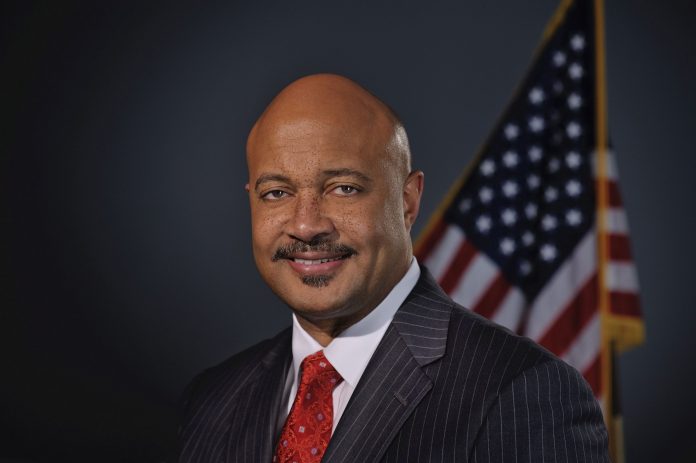The Indiana Court of Appeals has reversed a decision denying a father access to public records from the Warrick County Sheriff’s Department concerning his daughter’s mysterious death. A unanimous panel concluded that because the documents he requested were not investigatory, they were unable to be withheld under an exception to the Indiana Access to Public Records Act.
An appellate panel Wednesday swiftly decided Kenneth Todd Scales v. Warrick County Sheriff’s Department,18A-MI-1590, after hearing oral arguments in the case just eight days earlier, April 9. Before the panel, Kenneth Scales argued for his right to access public records relating to the unresolved disappearance and death of his daughter, Kristy Kelley.
The case began when Kelley went missing in August 2014. Two months later, Kelley’s body was found inside the back of her car at the bottom of a Warrick County lake. Within 24 hours of recovering her body, WCSD had issued an accidental death ruling, closed her case and sealed the investigation files.
Scales was twice denied his request to access documents pertaining to her case. Authorities said that because the documents were part of an investigation, he could not view them. He contested that defense to an appellate panel last week, asserting that the WCSD did not prove the documents fell under the investigatory records exception of APRA and that the Warrick Superior Court erred by granting the sheriff department’s motion for summary judgment.
Specifically, he contended that the term “investigatory records†under APRA is defined as “information compiled in the course of the investigation of a crime.†His daughter’s case was never a criminal investigation, Scales maintained.
The appellate panel agreed, finding that the case was clearly not a criminal investigation as provided by several sources that included the WCSD, FBI and Indiana State Police, who all concurred the case was a missing-persons investigation. It likewise found that the quick declaration of Kelley’s death as accidental just 24 hours after her body was found resolutely determined that no criminal circumstances existed in the case.
“Therefore, we can only conclude that the Department did not have the statutory authority to withhold Kelley’s file pursuant to the investigatory records exception,†Judge John Baker wrote for the unanimous panel.
The sheriff’s department contended on appeal that that it would make no difference if the case had been a considered a homicide rather than a missing persons investigation. It also contended that the sheriff’s department properly exercised its discretion to withhold the reports because then-Warrick County Sheriff Brett Kruse was not prepared to reveal statements procured by law enforcement due to the large scale of the case and the number of individuals who assisted in the investigation.
But the panel rejected the WCSD’s argument that it should be granted broader discretion to withhold the requested documents, relying on three COA cases in which the investigatory records exception applied. Those cases include Heltzel v. Thomas, 516 N.E.2d 103 (Ind. Ct. App. 1987); Althaus v. Evansville Courier Co., 615 N.E.2d 441 (Ind. Ct. App. 1993); and Lane-El v. Spears, 13 N.E.3d 859 (Ind. Ct. App. 2014).
“… [O]ne key fact distinguishes Kelley’s case from these cases. In Heltzel, the investigative reporter was seeking documents about the condition and location of a body that may have been part of a criminal investigation. In Althaus, a newspaper was denied access to records about a police officer’s suicide even though it was unclear whether there was a criminal investigation after the coroner’s office issued its report. And in Lane-El, the defendant, a convicted sex offender, was denied access to records surrounding the investigation into his crimes because the documents were clearly compiled in the course of a criminal investigation,†the panel wrote.
“In other words, unlike these three cases where there may have been or there was a criminal investigation, Kelley’s case was decisively not a criminal investigation.â€
Finding that the circumstances in Scales did not neatly fit within the investigatory records exception analyses laid out in the WCSD’s examples, and that the case did not meet APRA’s precise definition of investigatory records, the appellate panel concluded the trial court erred in its denial of Scales’ request.
It therefore reversed and remanded the case with instructions for judgment to be granted in Scales’ favor, granting the grieving father’s appeal.




